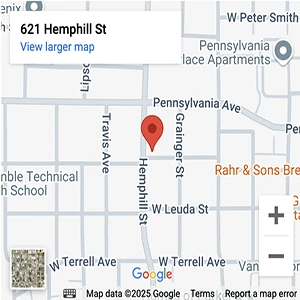Food Truck Laws in Texas
TEXAS. According to Empower Texans, since 2008, the food truck business has become a $2 billion industry. Food trucks are excellent business options for entrepreneurs because of the low cost to start the business and flexibility about where the business can be located. Regulations aside, a food truck business can be operated pretty much anywhere a vehicle can go. If a downtown location doesn’t work out, food truck owners can just drive to a nearby park to see how business fares there. The Texas food truck industry is highly-regulated. Owners are required to complete 45 government requirements and must pay approximately $27,000 in fees for permits, licenses, and to meet other government requirements. These fees include insurance requirements as well as licensing fees.
Another cost that food truck owners need to consider is insurance. In addition to insuring the business, food truck owners need to consider the risks of running a mobile business. If a food truck driver gets into an accident while driving to a new place to set up shop, the driver could be considered liable if he or she is negligent for any injuries caused by the accident. This can increase business costs and also increase the risks of the business, raising insurance costs. Food trucks also carry around stoves, BBQs, and other objects which can become flammable in the event of an accident, posing another unique risk to individuals who are involved in accidents with these vehicles.
According to the Houston Chronicle, food truck small business owners must consider the kind of truck they purchase when they start their business. The truck must be able to be safely modified to fit all kitchen equipment and refrigeration. Drivers of mobile food trucks must also apply for special licensure in order to drive the vehicle. Mobile food truck owners must hold a Class A license.
While some critics of Texas’s food truck laws claim that they stifle business, others claim that they are necessary to protect the public and to protect the restaurant businesses in cities. Food trucks are not permitted to operate near restaurants to protect these businesses.
However, for personal injury lawyers, the biggest risk food trucks pose involves the risks of driving. A chef might be great at making tacos but may not always be good at driving. Furthermore, if a chef puts in long hours in his or her food truck and then has to drive home, it is possible that he or she may be fatigued, increasing the risk of an accident.
While food truck accidents are rare, they can happen. If you or a loved one was injured in a truck accident in Texas, consider speaking to the personal injury lawyers at the Cooper Law Firm. Food truck owners are required to have proper insurance that can cover your medical bills, lost wages, and rehabilitation expenses after a crash. Visit our truck accident attorneys at https://cooper-law-firm.com/ to learn more.
Cooper Law Firm
501 N Third St,
Longview, TX 75601
Telephone: (903) 297-0037









